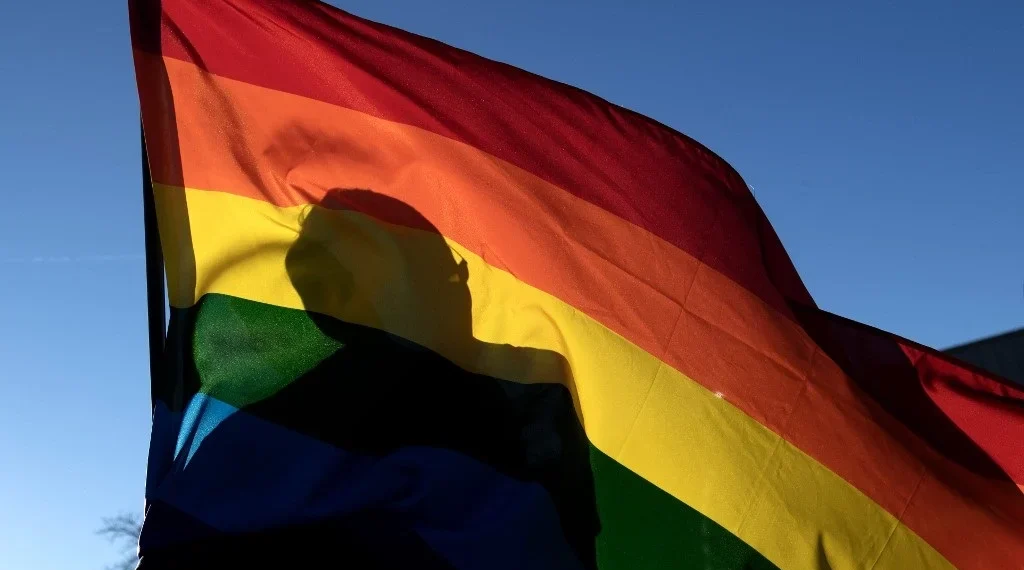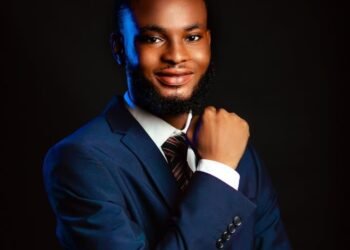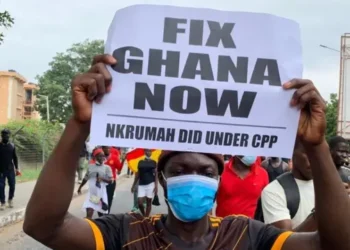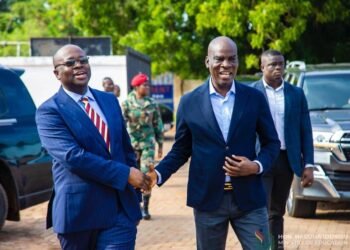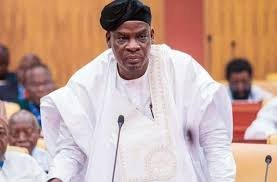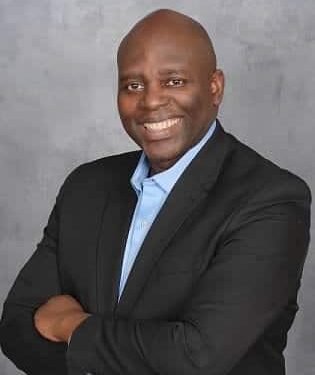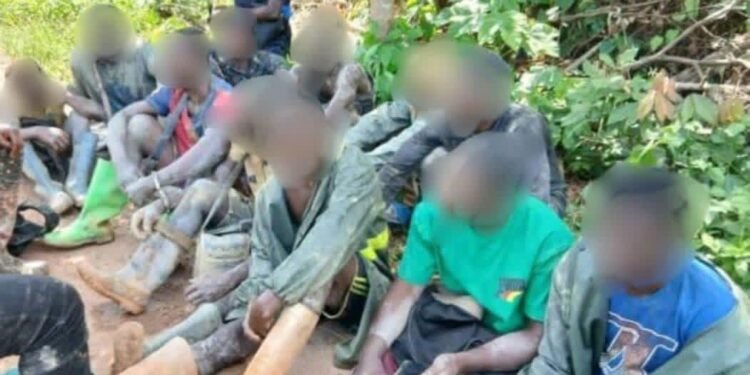The recent issue concerning the anti-LGBTQ+ bill passed by Parliament with the aim of protecting Ghanaian cultural values and the subsequent suits filed against it in the court of law based on human rights charges makes one wonder whether or not sexual orientation are human right.
Sexual orientation is an enduring emotional, romantic, sexual, or affectional attraction to another person that ranges from exclusive homosexuality to exclusive heterosexuality and includes various forms of bisexuality.
According to the 1992 Constitution of Ghana, the fundamental rights of an individual include the right to life, the right to personal liberty, the right to respect for human dignity, protection from slavery and forced labor, and the right to fair trial among others.
What the Constitution does not mention, is the right to preferred sexual orientation. The Constitution also unequivocally states that the rights of a citizen, listed in the Constitution, can be curtailed for the protection and well-being of the country.
A privilege on the other hand is a special right, advantage, or immunity granted or available only to a particular person or group of persons. Therefore creating a space where practices alien to the norms and values of Ghanaians, will constitute a privilege.
From the above, it can be said that sexual orientation in Ghana, if it should ever be accepted, will be a matter of privilege and not rights, and more so because the practice or idea of sexual orientation, with the exception of heterosexuality, is unfamiliar to the tradition of the people.
“The President should append his signature to that bill to become a law because that’s the values [of the people]. Sexual orientation you know is not a right, it is a privilege, and when we come to scholarly work, there’s a difference between privileges and rights… So when someone is a pedophile, it is his preference but the law will prevent that person because it’s against societal values”.
Dr. Enoch Antwi
Furthermore, while rights are often seen as fundamental and universal, privileges are more conditional and can differ based on a variety of factors such as status, values, or circumstances. The values of Ghana therefore do not permit the practice of LGBTQ+ to be integrated into its society.
The Equality Argument
Some human rights experts argue that the Constitution also mentions the right to equality and freedom from discrimination and in effect, queers should be treated equally and not be discriminated against due to their sexual preference.
However, the case is rights are contextual and are based on societal values and circumstances that necessitated such laws.
For instance, the legal possession and use of arms in the USA is a right Americans enjoy under the Second Amendment Act of the US Constitution while it is illegal to own arms in other countries like North Korea and the Maldives, though citizens of these countries need protection.
“Polygamy, which is described as a right in the African culture is a crime in the West and one is hugely punished for it. It is only fair that Ghanaians are against the practice of LGBTQ+ and mete out punishment on people who practice it. Rights differ from place to place and I am sure everyone knows that now”.
Anonymous Person
In the Ghanaian cultural context, therefore, the ‘rights’ of queer people are not considered rights especially when the practices this group of people engage themselves in are considered immoral for a country whose values are ‘weirdly’ hinged on morality.
To Ghanaians therefore, permitting these practices in Ghanaian society is a privilege the general public is unwilling to grant the members of the queer community.
The 1992 Constitution also supports the stance of the people as it states that rights – in this case, the right to equality and discrimination – can be curtailed for the protection of societal values and the holistic well-being of Ghanaians.
Conclusively, until the bill passed by Parliament has been assented to by the President, with its implementation in effect, whether the fight for the ‘rights’ of the queer community in Ghana is a fight for rights curtailed or privileges denied cannot be determined.



